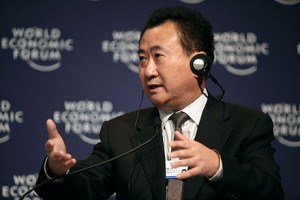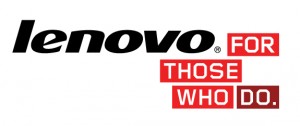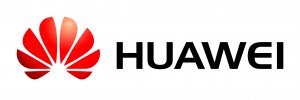China’s ability to produce globally competitive companies makes us wonder, if they are buying the world.

The second richest, 60 year old Chinese billionaire, Wang Jianlin is buying a 20% stake in Spanish football club Atletico Madrid for €45m ($52m; £34m) as he looks to diversify his business empire further. Last year, Atletico Madrid won La liga Spain’s top football competition and reached UEFA championship final. He is worth £8.7bn according to Forbes magazine and owns China’s biggest property company Dallan Wanda which on a big foreign brands buying spree, which includes US Cinema chain AMC and British luxury yachtmaker Sunseeker. Wang born on October 24, 1954 in Cangxi County, Sichuan Province, China is ranked 26th richest person in the world.
“This investment will provide an excellent opportunity for young Chinese players sent overseas by Wanda to be snapped up by leading European football clubs,” according to Mr Wang. Mr Wang intends to open up amusement parks in China and in the process, also having a stake in the Hollywood studio behind the Hunger Games franchise, Lions Gate Entertainment.
Malaysian tycoon, Vincent Tan owns Welsh club Cardiff City, AirAsia chief Tony Fernandes is chairman of London’s Queen Park Rangers, and Singaporean businessman Peter Lim owns a controlling stake in Spanish team Valencia.

Chinese pork producer Shuanghui International had an offer of $4.7bn accepted by US meat giant Smithfield Foods, the world’s biggest pork producer by paying $34 a share for Smithfield, one third higher than value of the shares before the bid was announced. Shuanghui’s reputation suffered when a banned chemical, clenbuterol, which makes meat leaner, was found in its products.
In the New Year, China’s State Grid, the world’s largest utility firm, said it was investing in a couple of companies in Australia.

In 2005, China’s biggest PC maker Lenovo’s purchase of IBM’s PC business, shocked the world. Lenovo has proved he can make the products more cheaply by cutting costs.
Huawei, the world’s biggest telecommunications company and one of the most innovative, may not be a name that many people in the West are familiar with, but it is the first Chinese brand to break into the ranks of the top 100 best global brands by Interbrand, used by BT and Vodaphone.


They are developing 5G network with Russia’s second-largest wireless operator MegaFon, after they agreed to buy at least $600 million (R6.4 billion) of equipment from Huawei Technologies. They also make smart phones, and USB dongles which provide mobile internet access. Huawei was established in 1987 by Ren Zhengfei with five investors who each invested a mere 3,500 yuan and imported telecoms equipment from nearby Hong Kong.
Huawei CEO Zhengfei 😉 : “I know nothing about technology, and I know nothing about finance. If you don’t know much you better not show up, otherwise people might see the back of your pants are very dirty. I do not maintain this low profile on purpose.”
AliExpress is a part of Alibaba.com, China’s biggest online shopping company, founded in 1999 by 18 entrepreneurs led by Jack Ma, former English teacher from Hangzhou, China. hosts a wide variety of products including automobiles, cell phones, computer hardware & software, electronics, beauty, lighting, shoes and Jewellery.
All these acquisitions help to create multinational companies, and in turn support China’s economic development and the Chinese state offer to help by financing the deals by tapping in to its foreign exchange reserves.
